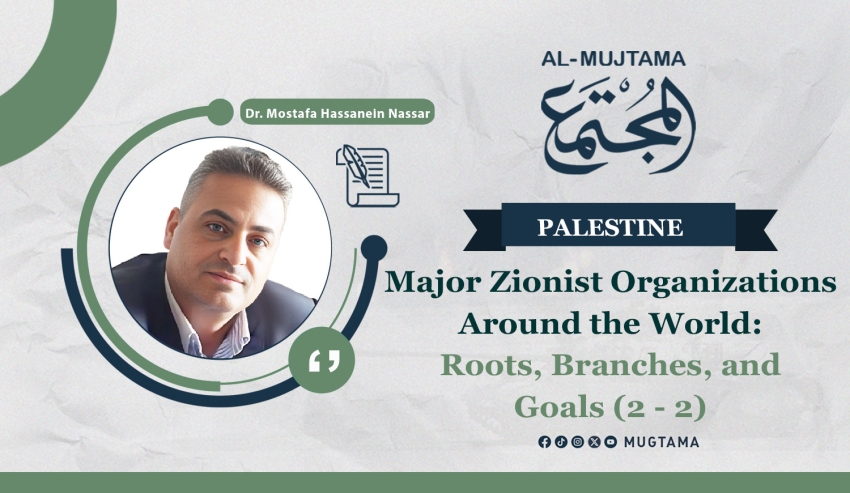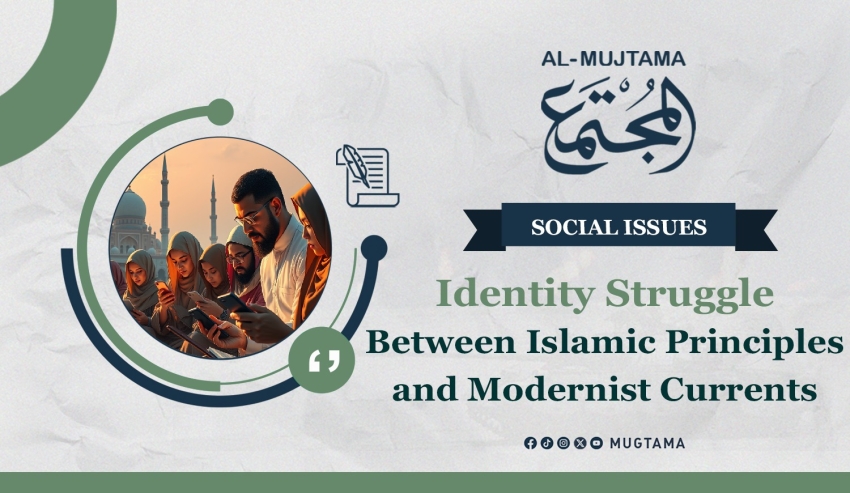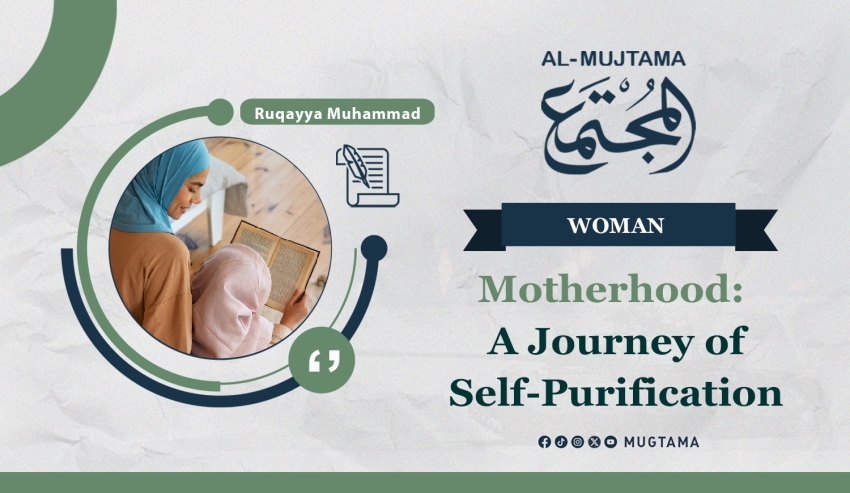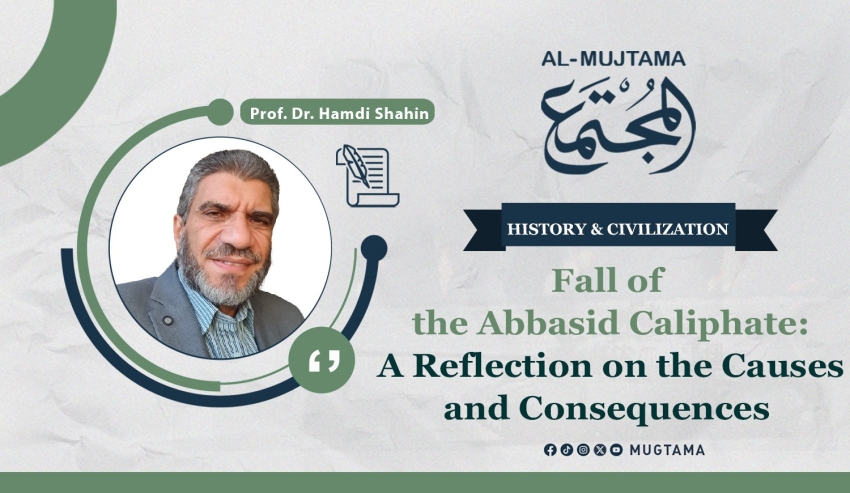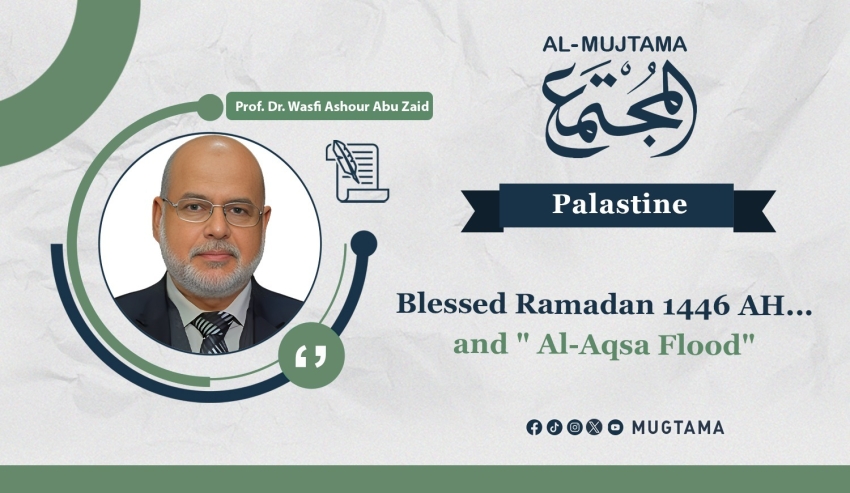8 Proofs That Kindness Strengthens Leadership
February 13, 2025When people hear the word “custodian,” their minds immediately turn to rulers and heads of state. This is correct, but the mistake lies in limiting the meaning to state leaders alone. A custodian is anyone entrusted with the duty of care and governance, (1) regardless of what that duty entails. Thus, the term “custodian” is a general one that includes anyone responsible for managing an affair or carrying out a task.
Al-Bukhari narrated from Abdullah ibn Umar said: I heard Allah's Messenger (ﷺ) saying, “Everyone of you is a guardian, and responsible for what is in his custody. The ruler is a guardian of his subjects and responsible for them; a husband is a guardian of his family and is responsible for it; a lady is a guardian of her husband's house and is responsible for it, and a servant is a guardian of his master's property and is responsible for it.” I heard that from Allah's Messenger (ﷺ) and I think that the Prophet (ﷺ) also said, “A man is a guardian of is father's property and is responsible for it, so all of you are guardians and responsible for your wards and things under your care.”
Being responsible for one’s flock does not mean using force or harshness. Rather, it requires kindness and mercy. Several factors encourage gentleness toward those under one’s care, including:
1. Allah Commands Gentleness and Loves Those Who Practice It
Allah says, “So by mercy from Allah, [O Muhammad], you were lenient with them. And if you had been rude [in speech] and harsh in heart, they would have disbanded from about you. So pardon them and ask forgiveness for them and consult them in the matter. (Aal ‘Imran: 159) And when Allah sent Musa and Harun to Pharaoh, He commanded: “Go, both of you, to Pharaoh. Indeed, he has transgressed. And speak to him with gentle speech that perhaps he may be reminded or fear [Allah].” (Taha: 43-44)
Al-Bukhari narrated from Aisha that the Messenger of Allah (ﷺ) said: “Allah is Forbearer and loves forbearance in all matters.” When Umar ibn al-Khattab wanted to advise his governors, he said: “O shepherds! The people have rights over you. Know that nothing is more beloved to Allah and more honorable than the patience and gentleness of a leader.” (2)
Umar ibn Abdul Aziz said: “The most beloved things to Allah are four: moderation in wealth, forgiveness when able, patience in anger, and kindness to Allah’s servants in all circumstances.” (3)
2. The Prophet (ﷺ) Emphasized That Gentleness Beautifies All Affairs
Al-Bukhari narrated from Aisha that the Messenger of Allah (ﷺ) said: “Easy, 'A'isha, you must be gentle. Beware of harshness and coarseness.” And Muslim narrated from Aisha that the Prophet (ﷺ) said: “Kindness is not to be found in anything but that it adds to its beauty and it is not withdrawn from anything but it makes it defective.”
One example of his gentleness is what Al-Bukhari narrated from Anas ibn Malik, who said: “Once the Prophet (ﷺ) was on one of his journeys, and the driver of the camels started chanting (to let the camels go fast). The Prophet (ﷺ) said to him. “(Take care) Drive slowly with the glass vessels, O Anjasha! Waihaka (May Allah be Merciful to you).” (Meaning: the women.)
3. Whoever is Gentle, Allah Will Be Gentle With Him, and Whoever is Harsh, Allah Will Be Harsh With Him
Muslim narrated from Aisha that the Prophet (ﷺ) said: “O God, cause distress to him who has any charge over my people and causes them distress, and be gentle to him who has any charge over my people and is gentle to them.”
4. Kindness Towards People Is a Sign of a Good Leader
At-Tirmidhi narrated, with a chain authenticated by Al-Albani, from Abu Darda that the Prophet (ﷺ) said: “Whoever has been given his portion of compassion has been given his portion of good. Whoever is denied given his portion of compassion has been denied his portion of good.” Muslim narrated from Jarir ibn Abdullah that the Messenger of Allah (ﷺ) said: “He who is deprived of tenderly feelings is in fact deprived of good and he who is deprived of tenderly feelings is in fact deprived of good.”
In Musnad Ahmad, it is narrated from Aisha that the Messenger of Allah (ﷺ) said to her: “O Aisha, show gentleness, for when Allah intends good for a household, He guides them to gentleness.”
On the other hand, unjustified harshness and severity indicate that the leader is among the worst of people. This is evident in what Muslim narrated: 'Aidh bin 'Amr (May Allah be pleased with him) reported: I visited 'Ubaidullah bin Ziyad (he was unjust ruler) and said to him: “Dear son, I heard Messenger of Allah (ﷺ) saying, 'The worst of rulers are those who treat their subjects harshly. Beware, lest you should be one of them.'”
The term “hutama” (harsh leaders) used in the hadith is an exaggerated form, referring to those who crush everything beneath them—just as a shepherd who harshly drives his flock with a staff, scaring and hurting them. Similarly, a leader who rules with oppression and cruelty, scattering his people, falls under this category.
5. Gentleness Is a Sign of Wisdom and Understanding
Waki’ and Hannad narrated in Az-Zuhd that Abu Darda said: “Among the signs of a man’s wisdom is his gentleness in his livelihood.” And Hisham ibn Urwah reported from his father that it was written in wisdom:
“Gentleness is the pinnacle of wisdom.”
6. Gentleness Is a Form of Goodness Towards the People
Abu al-Qasim al-Maliki narrated in Ash-Shuhub al-Lami'ah Fis-Siyasah An-Nafi'ah that the people once complained about a governor to the caliph. One of them, Sahl ibn Asim, said to the caliph: Nothing to be complained in your governor except that Allah commanded two things: He implemented one and neglected the other. Allah says, “Indeed, Allah orders justice and good conduct.” He implements justice among us but neglects kindness. Justice without kindness ruins the people. (4)
7. Avoiding Harshness Saves from Allah’s Curse and Hellfire
Muslim narrated in his Sahih that Hisham ibn Hakim ibn Hizam happened to pass by people, the farmers of Syria, who had been made to stand in the sun. He said: What is the matter with them? They said: They have been detained for Jizya. Thereupon Hisham said: I bear testimony to the fact that I heard Allah's Messenger (ﷺ) as saying: “Allah would torment those who torment people in the world.”
Al-Hakim narrated from Aisha that the Messenger of Allah (ﷺ) said: “May Allah curse who rules with tyranny to exalt him whom God has humbled and humble him whom God has exalted.”
8. Gentleness Leads to Paradise
Muslim narrated in his Sahih that 'Iyad bin Himar (May Allah be pleased with him) reported: Messenger of Allah (ﷺ) said, “The people of Jannah will be of three kinds: A just successful ruler, a man who shows mercy to his relatives, and a pious believer who has a large family and refrains from begging.”
Waki’ narrated in Az-Zuhd with a sound chain from Qais ibn Abi Hazim, who said: It used to be said: “Whoever practices gentleness in this world will benefit from it in the Hereafter.”
-------------------------------------------------------------
1. Al-Mu'jam Al-Wasit: Academy of the Arabic Language (1/356).
2. Ihya Ulum al-Din: Al-Ghazali (3/188).
3. Bahjat Al Majalis: Al-Qurṭubi, p. 200.
4. Ash-Shuhub al-Lami'ah Fis-Siyasah An-Nafi'ah: Abu Al-Qasim Al-Maliki, p. 313.
Leadership Education by Example: Lessons from the Prophet's ﷺ Approach
November 20, 2024Leadership education is not merely theoretical teaching or guidance through words; it is a daily practice reflected in actions and behaviors, requiring the educator to be a role model worthy of emulation. The Prophet Muhammad ﷺ was the greatest example of leadership education by example. He nurtured a generation of companions who transformed the course of history through the strength of their faith and the nobility of their character.
The Prophet’s ﷺ Approach to Nurturing His Companions
The Prophet ﷺ served as an inspirational leader to his companions through his thoughts and actions. He never asked them to do anything without being the first to implement it himself. When he commanded them to be patient, he exemplified patience by enduring the harm of the Quraysh. When he encouraged them to give generously, he was the first to sacrifice. For instance, during the Battle of the Trench, he personally participated in digging the trench despite hunger and exhaustion, which inspired his companions with enthusiasm and steadfastness.
One of the most prominent examples of his leadership in education was when he said to one of his companions, “Do not get angry.” This was not just a passing piece of advice but a principle embodied in the Prophet's ﷺ own conduct. In situations that would provoke any person, he consistently responded with calmness and forgiveness, teaching his companions the practical meaning of self-restraint.
Intellectual Understanding and Practical Application for the Youth
Youth are naturally ambitious and enthusiastic. However, for successful leadership or advocacy, they require a balance between intellectual understanding and practical application. The Prophet ﷺ focused on this balance in his nurturing of young people. He held intellectual gatherings where he explained Islam and clarified its principles, then took them to real-life situations to practice what they had learned.
When he sent the young Mus‘ab ibn Umair to Medina before the migration as an ambassador of Islam, the Prophet ﷺ not only taught him the faith but also how to communicate with people wisely and to be a role model in behavior and interaction. As a result, Mus‘ab successfully won the hearts of the Ansar and became a model for a young preacher who combined understanding and application.
The Necessity of Developing Educators’ Methods
In the time of the Prophet ﷺ, the primary methods of teaching were direct communication and practical guidance. However, with the rapid pace of information in our era, developing educational methods has become essential. The Prophet ﷺ did not rely on a single method; he used all available means in his time. He utilized dialogue to explain concepts, as in the case of the young man who sought permission to commit adultery. Instead of rebuking him, the Prophet ﷺ engaged him in a calm discussion until he was convinced.
The Prophet ﷺ also used storytelling to clarify ideas, such as the story of the three men in the cave who relied on Allah when a rock trapped them.
Today, educators should draw inspiration from this approach and innovate their tools using modern technology, educational videos, and mobile applications to deliver messages in ways suited to the current generation.
Role Models as the Foundation of Influence
The most crucial element in leadership education is being a role model. Young people are not only influenced by lectures but by witnessing actions embodied before them. The Prophet ﷺ said, “I was sent to perfect good character.” These ethics were not just slogans but daily actions witnessed by the companions, which became their way of life.
If today’s educators wish to succeed in nurturing a generation of leaders and advocates, they must combine knowledge with action, theory with role modeling, and adapt to the changing times without abandoning fundamental principles.
In conclusion, the Prophet’s ﷺ method of leadership education by example remains an enduring school of thought from which we can learn how to nurture and how to be true leaders who lead with love, wisdom, and action.
-------------------------------------------------------------










